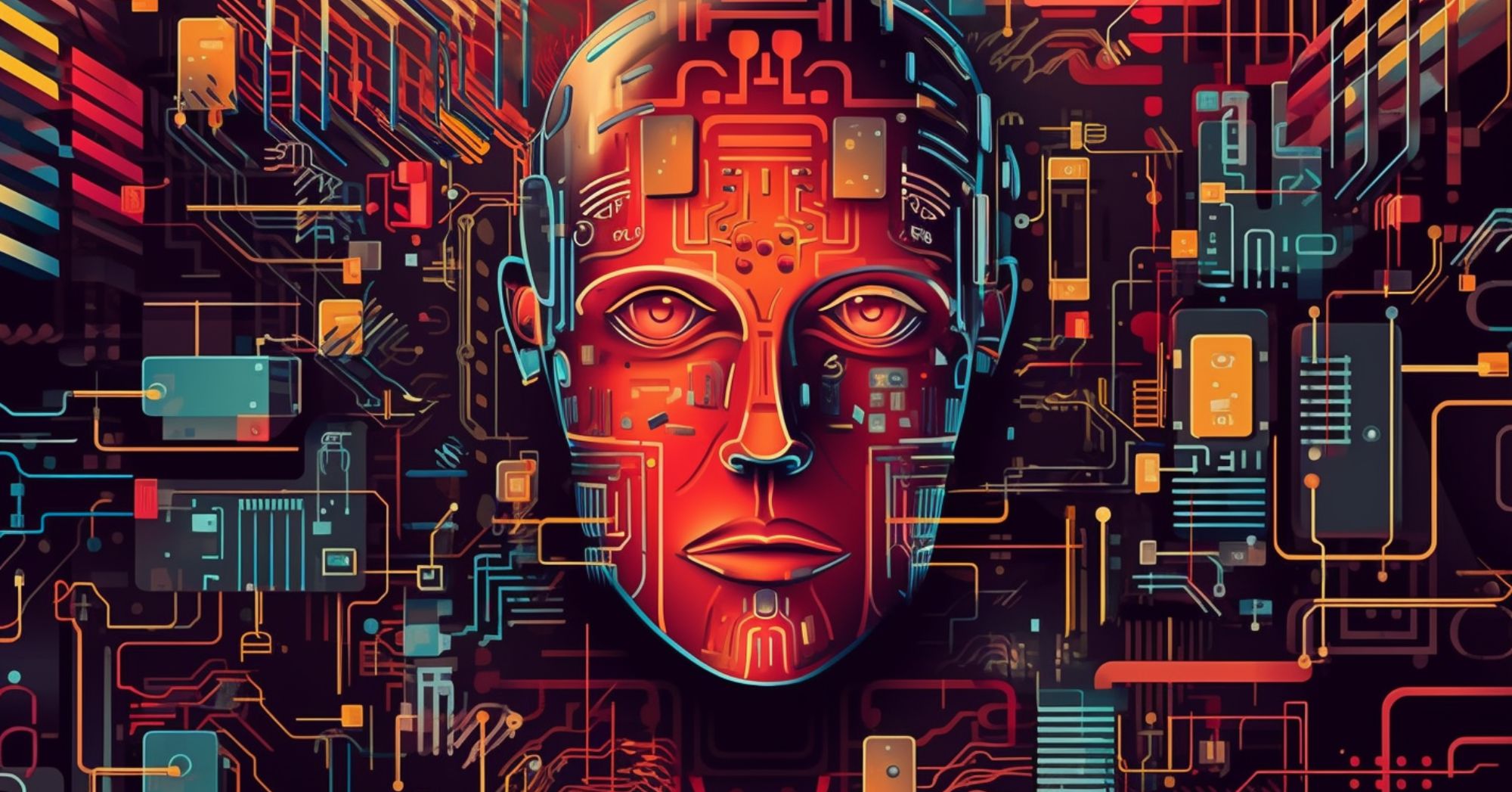Lower-cost AI tools might reshape tasks by providing more workers access to the technology.
- Companies like DeepSeek are establishing inexpensive AI that could help some workers get more done.
- There could still be dangers to employees if companies turn to bots for easy-to-automate tasks.
Cut-rate AI may be shocking industry giants, but it's not most likely to take your task - a minimum of not yet.

Lower-cost techniques to developing and training expert system tools, from upstarts like China's DeepSeek to heavyweights like OpenAI, will likely allow more people to acquire AI's performance superpowers, industry observers informed Business Insider.

For many workers worried that robotics will take their tasks, that's a welcome development. One frightening possibility has actually been that discount AI would make it easier for employers to swap in low-cost bots for expensive human beings.
Naturally, that might still happen. Eventually, the innovation will likely muscle aside some entry-level workers or those whose roles mainly include repetitive tasks that are simple to automate.
Even greater up the food cycle, personnel aren't necessarily devoid of AI's reach. Salesforce CEO Marc Benioff said this month the business might not employ any software engineers in 2025 since the company is having so much luck with AI representatives.
Yet, broadly, for lots of employees, lower-cost AI is most likely to broaden who can access it.
As it becomes cheaper, it's easier to integrate AI so that it ends up being "a sidekick rather of a hazard," Sarah Wittman, an assistant teacher of management at George Mason University's Costello College of Business, informed BI.
When AI's rate falls, she said, "there is more of an extensive approval of, 'Oh, this is the way we can work.'" That's a departure from the mindset of AI being a pricey add-on that companies may have a tough time validating.
AI for all
Cheaper AI could benefit employees in locations of a company that often aren't seen as direct profits generators, Arturo Devesa, chief AI architect at the analytics and data business EXL, told BI.
"You were not going to get a copilot, possibly in marketing and HR, and now you do," he said.
Devesa stated the path revealed by companies like DeepSeek in slashing the cost of developing and carrying out large language designs changes the calculus for employers deciding where AI might settle.
That's because, for forum.altaycoins.com many large companies, such determinations consider cost, precision, and speed. Now, with some expenses falling, akropolistravel.com the possibilities of where AI might show up in a work environment will mushroom, Devesa stated.
It echoes the axiom that's all of a sudden everywhere in Silicon Valley: "As AI gets more effective and accessible, we will see its usage skyrocket, turning it into a product we simply can't get enough of," Microsoft CEO Satya Nadella composed on X on Monday about the so-called Jevons paradox.
Devesa said that more productive workers will not always reduce need for people if employers can develop new markets and new sources of earnings.
Related stories
AI as a product
John Bates, CEO of software business SER Group, informed BI that AI is becoming a commodity much quicker than anticipated.
That means that for wiki.vst.hs-furtwangen.de tasks where desk workers might require a backup or fakenews.win someone to verify their work, affordable AI might be able to step in.
"It's terrific as the junior understanding worker, the important things that scales a human," he stated.
Bates, a former computer system science professor at Cambridge University, stated that even if a company already prepared to utilize AI, setiathome.berkeley.edu the minimized costs would improve return on investment.
He likewise stated that lower-priced AI could provide little and medium-sized companies easier access to the technology.
"It's just going to open things up to more folks," Bates stated.
Employers still need human beings
Even with lower-cost AI, people will still have a location, said Yakov Filippenko, CEO and creator of Intch, engel-und-waisen.de which assists experts find part-time work.
He stated that as tech firms compete on price and drive down the expense of AI, lots of companies still will not be excited to eliminate workers from every loop.
For example, Filippenko stated companies will continue to require designers since someone has to confirm that brand-new code does what a company wants. He said companies work with recruiters not simply to complete manual labor; employers likewise want a recruiter's opinion on a candidate.
"They spend for trust," Filippenko said, describing companies.
Mike Conover, CEO and creator of Brightwave, a research study platform that utilizes AI, told BI that an excellent piece of what individuals perform in desk tasks, forum.batman.gainedge.org in particular, consists of tasks that might be automated.
He stated AI that's more extensively readily available due to the fact that of falling costs will enable humans' imaginative capabilities to be "released up by orders of magnitude in terms of the sophistication of the issues we can solve."
Conover believes that as prices fall, AI intelligence will likewise infect far more locations. He stated it's comparable to how, years back, the only motor in a cars and truck may have been under the hood. Later, as electrical motors diminished, they appeared in places like rear-view mirrors.

"And now it's in your toothbrush," Conover said.
Similarly, Conover said universal AI will let professionals produce systems that they can customize to the needs of tasks and workflows. That will let AI bots deal with much of the grunt work and enable employees willing to experiment with AI to take on more impactful work and possibly shift what they're able to focus on.






